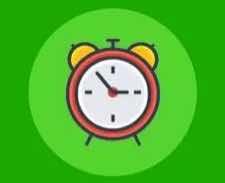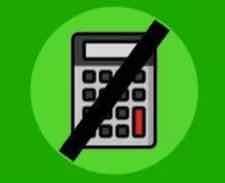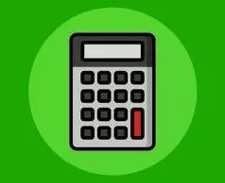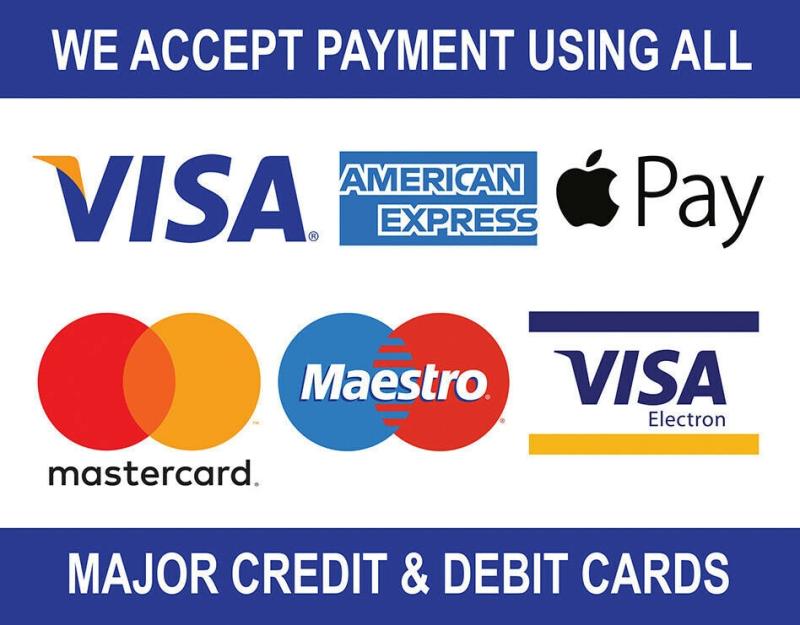|
We are committed to supporting our students learn Mathematics at Level 2 as an alternative to a Maths GCSE. This course is fully online, including the exam and consists of three areas of learning:

|
| 1. Using numbers and number systems |
| 2. Use of common measures Shapes and Space |
| 3. Handling Information and Data |

|
On this fully online course you will learn Maths skills and use them to deal with Maths problems on our interactive activities. Students will learn Maths skills and use them to deal with Maths problems. They will learn to use Maths skills with and without a calculator. |
|
Examples of the types of skills you will develop include:• Count reliably up to 100 items • Read, write, order and compare numbers up to 200 • Recognise and sequence odd and even numbers up to 100 • Use metric measures of length including millimetres, centimetres, metres and kilometres • Use measures of weight including grams and kilograms • Recognise and name 2-D and 3-D shapes including pentagons, hexagons, cylinders, cuboids, pyramids and spheres • Extract information from lists, tables, diagrams and bar charts • Make numerical comparisons from bar charts
Exam: Duration 2 hours (online invigilated) |

|
2 hours |

|
Section A 30 minutes 25% of the marks |

|
Section B 1 hour, 30 minutes 75% of the marks |
Click here for the full subject content
|
FAQs Q. Is functional skills equivalent to GCSE? A. Functional Skills Level 2 in Maths and English is equivalent to a GCSE level 4 or grade C. Functional Skills level 2 qualifications are accepted by employers and many universities as GCSE equivalents.
Q. Is functional skills harder than GCSE? A. Functional Skills aren't necessarily easier. You'll still need to put in the hard work and revision. But, they can be better suited to students who have failed maths and English.
Q. What is the difference between GCSE and functional skills? A. Functional Skills are skills-based qualifications, they therefore offer students the opportunity to learn how to use English and Maths in everyday situations. GCSEs, on the other hand, are academic qualifications and equip learners with a strong theoretical knowledge base and skillset.
Q. What are Functional Skills courses? A. Functional Skills are fully recognised qualifications, enabling you to progress in education, life skills or employment, and provide a progression route to GCSEs if desired. These courses are tailored to your needs and are free to adults who do not have GCSE English or Maths at grade 9-4 (A-C).
Q. Why is Functional Skills important? A. Functional skills are important because they provide the skills, knowledge and understanding for young people and adults to progress in work, education and life. It relates to transferring to learner's ability to solve problems to real-life contexts.
Q. At what age can you do Functional Skills? A. Functional Skills are perfect for those above the age of 16 who do not have a grade C (or above) in GCSE maths or English. They are also a useful refresher course for anyone who struggled with these subjects and would like to be more confident in using English and maths in day-to-day life.
Q. How long does it take to study Functional Skills level 2? A. Unlike GCSEs, these courses can be completed in a matter of weeks. With the average course requiring 55 guided hours of study, just 2 hours of study a day would see you potentially qualifying within 4 weeks. With Pass Functional Skills, you are able to take the online exam from your own home as long as you have a stable internet connection. After booking, you can select the date and time of your exam with the book later option. Exams can also be taken on a date of your choosing, streamlining the process even further.
Q. What happens if you don't pass maths and English? A. Students will not be able to study A-levels without a grade 4 in English and Maths, this also applies to many apprenticeships, jobs, universities and may even affect your chances of applying for a student loan in HE. You can resit your exams - with Functional Skills you can do so with two re-sits.
Q. Who is Functional Skills aimed at? A. Functional skills are targeted at learners of all ages, and can be taught to adults with specific learning difficulties or social barriers to learning. |
0161 726 5970
for more information


